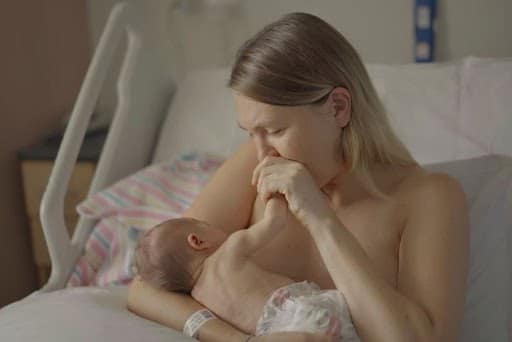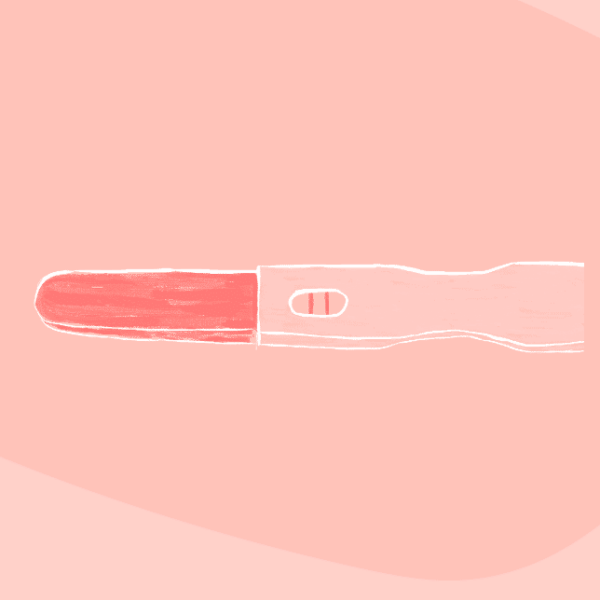Pregnancy Early signs of pregnancy
Early signs of pregnancy
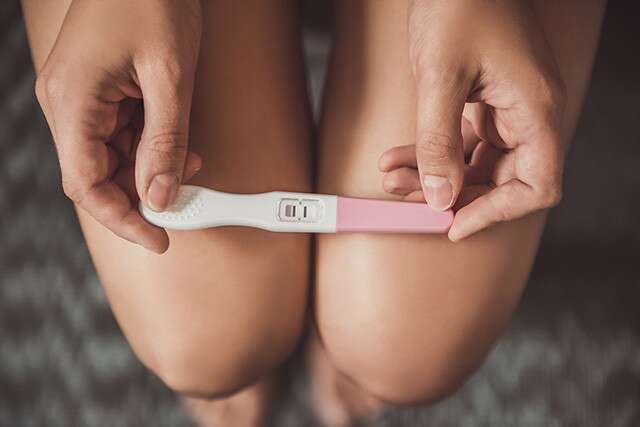
For women who have a regular menstrual cycle, the earliest and most reliable sign of pregnancy is a missed period. Read about some of the other early pregnancy signs and symptoms.
If you’re trying to conceive (TTC), chances are you’re on high alert for signs of early pregnancy. Every little symptom could be a clue!
It’s common for most women to have symptoms of early pregnancy within a few weeks of conceiving, the most obvious being a missed period. However, if your cycles are long or irregular, you may have other symptoms before you realise that your period is late.
What are some of the early symptoms of pregnancy?
Early pregnancy symptoms are different for every woman and can often change from one pregnancy to the next. There’s just no telling how your body will respond to early pregnancy which is usually considered the most challenging because fatigue and nausea is often debilitating. Early signs include:
Sensitive breasts : a tingling sensation, shooting pain into the nipple, sore to touch and perhaps noticeably larger swollen breasts are all normal experiences in early pregnancy. The hormones oestrogen and progesterone contribute to these changes and work to prepare the breasts for breastfeeding.
Nausea : nausea and vomiting in pregnancy (NVP) is one of the most common symptoms in the first trimester and may begin with a sudden disgust of certain foods or distinct cravings for others. If you’re suddenly turned off from your daily cup of coffee, pregnancy may be the reason why. Nausea can make you feel like you’re persistently hungover and vomiting may come on suddenly and without warning or not at all. You may also find that you have a heightened sense of smell which is very apparent when you or your partner are cooking.
Extreme thirst : it’s common to suddenly feel like you can’t quench your thirst in early pregnancy because your body needs extra fluid to support your pregnancy and growing baby. Prioritise water over sugary or caffeinated drinks.
Fatigue : if you’re suddenly desperate for a 3pm nap or you’re collapsing into bed at 7pm and sleeping through till morning, don’t be alarmed. Some women describe the intensity of feeling tired as like being hit by a bus and for good reason; your body is working incredibly hard to grow a baby and all its critical systems and organs as well as a placenta.
Frequent urination : The pregnancy hormone, hCG, makes your kidneys work more efficiently and as your baby grows and your uterus expands, there’s more pressure on your bladder. This will ease somewhat in the second trimester when the uterus moves into the abdominal cavity.
Constipation : progesterone is known as the pregnancy hormone that helps sustain your pregnancy from conception. However, it can also contribute to constipation. Remember to keep your fluids up.
Mood swings: the hormonal changes in early pregnancy can also cause changes to your mood. You may feel emotional and cry more easily. These feelings are very common in early pregnancy.
Food aversions: you may notice a sudden distaste for foods you previously liked. Similarly you may start craving certain foods.
What should I do if I think I’m pregnant?
There’s a few ways you can find out if you’re pregnant.
A standard home pregnancy test – available in supermarkets and pharmacies – will tell you within minutes if you’re pregnant or not by measuring the level of human (hCG) hormone in your urine. It’s best to test first thing in the morning when your urine is most concentrated.
It’s important to note that you can get a false negative test but not a false positive. However, sometimes in very early pregnancy – when your hCG levels are low – the test may not recognise them.
If you’re unsure what to do, it’s a good idea to go to your GP who may ask you for a urine sample and also send you for a blood test. A blood test is the most conclusive way to determine whether you’re pregnant.
If you’ve been having fertility treatment, you can expect the clinic to call with your blood test results.
If you think that you may be pregnant but you haven’t got a positive test result, it’s best to abstain from alcohol and smoking and take a prenatal vitamin.
How do I work out my due date?
To accurately work out your estimated due date (EDD) you’ll need to know the day of your last period and the length of your cycle. And then? Pop your details into our Estimated Due Date Calculator.
If you’re unsure of your dates, your GP will likely give you a referral for a dating scan which will be done at an ultrasound clinic. The scan will tell you how many weeks pregnant you are based on the length of the embryo.
It’s common to feel overwhelmed at this stage but there are some simple steps you can take to ensure you’re taking good care of yourself and setting yourself up for a supported pregnancy.
What should I do if my pregnancy is unplanned?
If your pregnancy is unplanned, we want you to know that you do have options. It can be a really challenging time and you may be feeling many different emotions and unsure where to go for advice. If you can, talk to someone you trust. Sometimes having a non-judgemental listening ear will help you make sense of what you’re feeling and how you want to proceed.
You may continue with your pregnancy, opt to give your baby up for foster care or adoption or choose to have an abortion. It’s a good idea to go to your GP or your local daily planning clinic to discuss your options and the next best steps forward.
Remember, there’s no right or wrong decision. This is your pregnancy, your body and you get to choose.
For extra support and to access a decision-making tool, visit Children by Choice, an organisation that offers support for all pregnancy options.
Categories
Related Products
-
Welcome to the First Trimester
11 reviews$67.00An informative and comforting 5-part audio course guiding you through the first 12 weeks of pregnancy.
Get your copy of our Perineal Massage Guide in your inbox
Keep Reading
We think you might enjoy these articles

The Emergency C-Section Checklist You’ll Be Thankful You Had
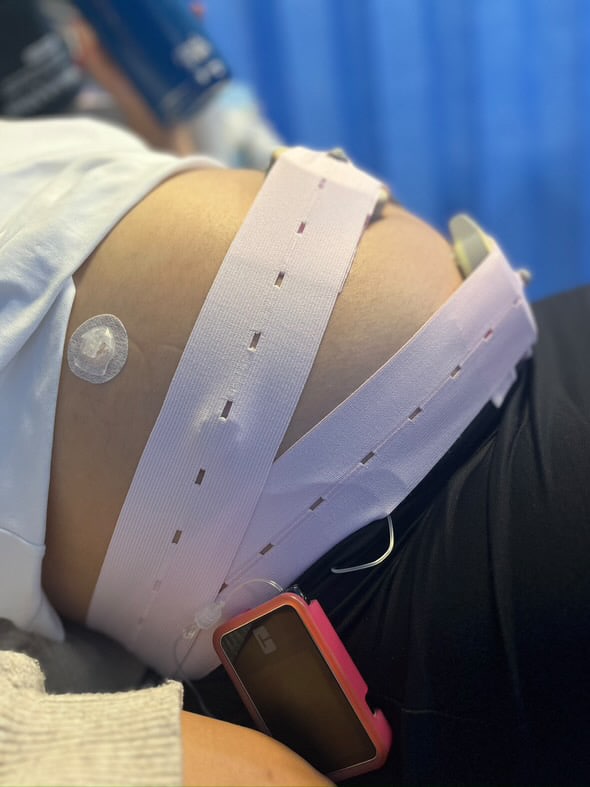
Pre-existing Diabetes and Pregnancy: What You Need to Know

Harnessing the Power of Acupressure: A Natural Approach to Preparing for Birth
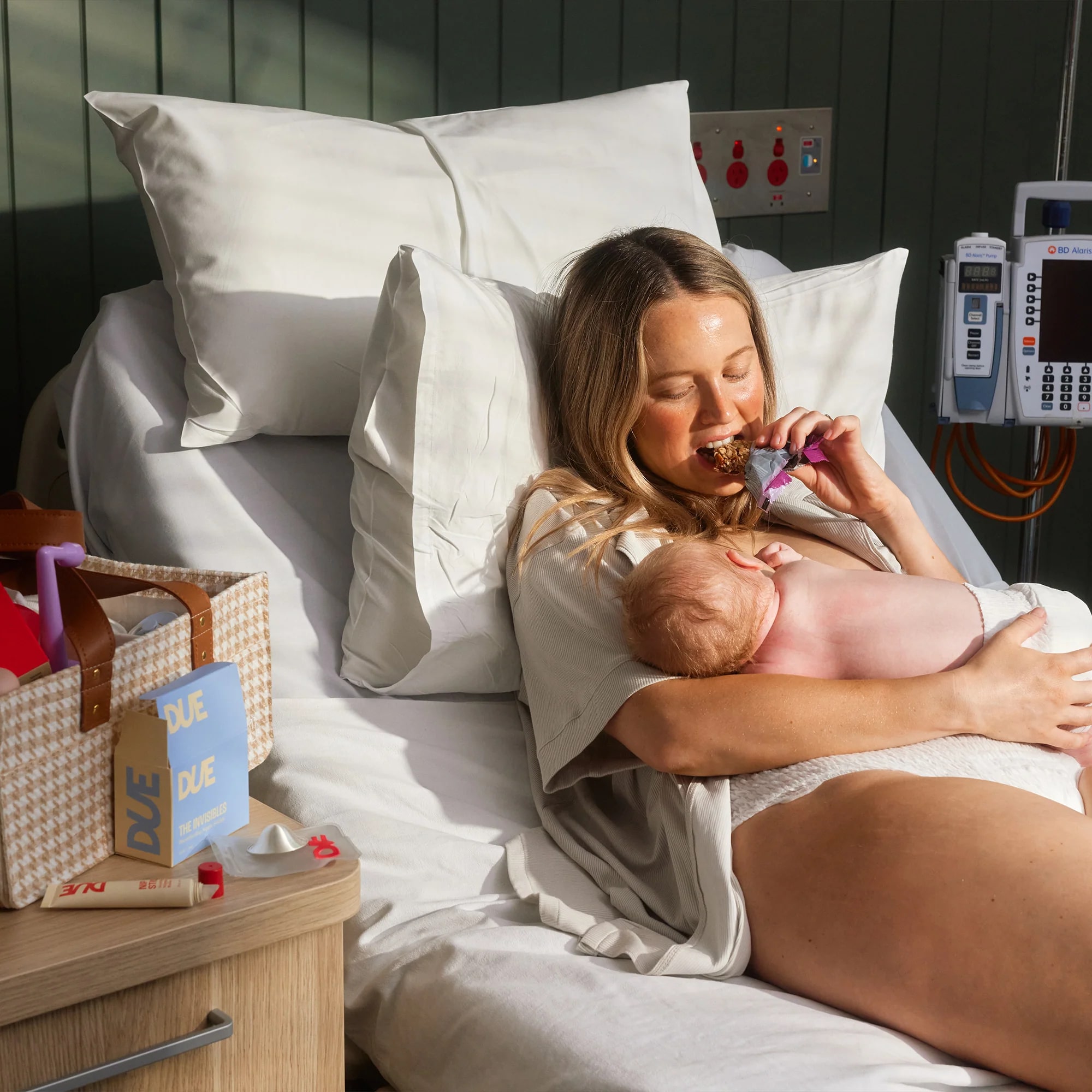
Thoughtful Christmas Gifts for your Pregnant Friend.
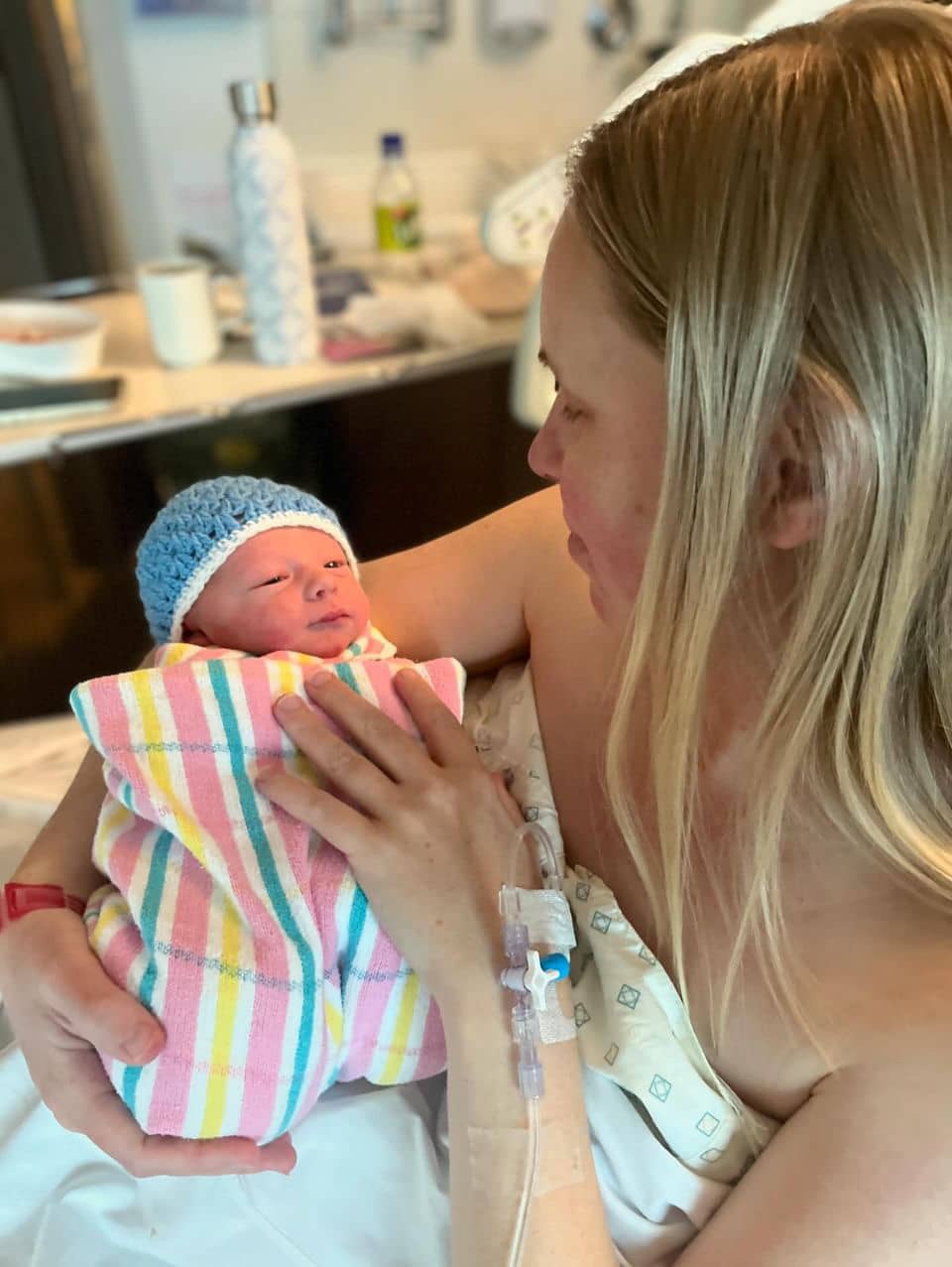
What is Pre-eclampsia?

Non-invasive Prenatal Testing (NIPT)
@AustralianBirthStories
Follow along with us
@AustralianBirthStories
Follow along with us
@AustralianBirthStories
Follow along with us
@AustralianBirthStories
Follow along with us
@AustralianBirthStories
Follow along with us
@AustralianBirthStories
Follow along with us
@AustralianBirthStories
Follow along with us
@AustralianBirthStories
Follow along with us
@AustralianBirthStories
Follow along with us
@AustralianBirthStories
Follow along with us
@AustralianBirthStories
Follow along with us
@AustralianBirthStories
Follow along with us

